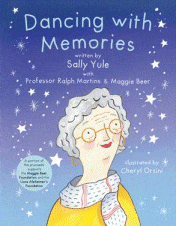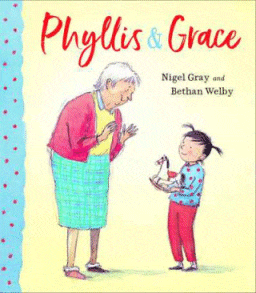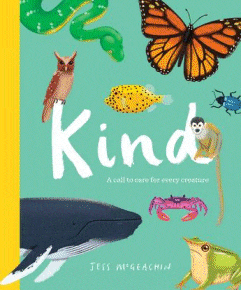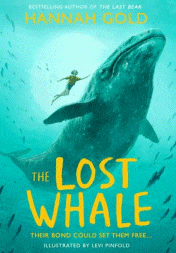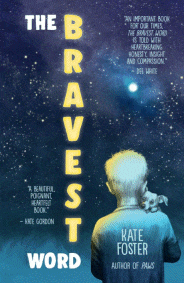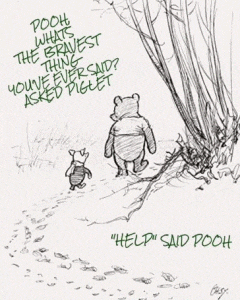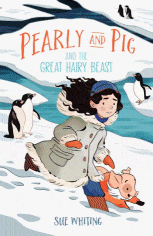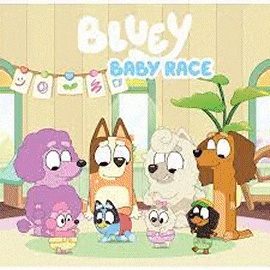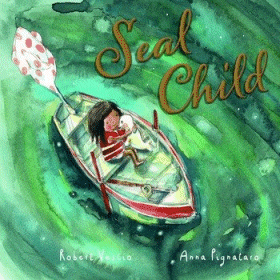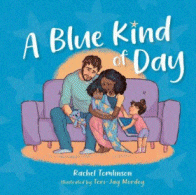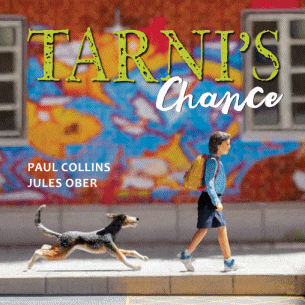
Tarni’s Chance
Tarni’s Chance
Paul Collins
Jules Ober
Ford Street, 2022
32pp., hbk., RRP $A24.95
9781922696052
When Tarni’s mum says goodbye, all the colour and joy of life seem to go with her. Tarni retreats into her bubble. Her world became smaller and the air seemed thinner. But then Chance steps in . . .
As much as the text in this narrative of family breakdown, self-doubt and anxiety echoes the feelings of loss and loneliness that so many readers will have felt, it is the illustrations that make it so special. Beginning in deep shades of grey as her parents argue, with the only colour being Tarni and her guitar, her bubble of music, a monochromatic scheme that continues as Tarni comes to grip with her loss, finding solace only in solo activities like drawing and reading, gradually being consumed by the grey of her grief. Using handmade miniatures set against black and white photography, the reader is drawn deeper into Tarni’s world, but then Tarni spots a stray, ragged dog, seemingly as lost as she is, and there is a ray of hope. Brief though it is, it shows both the reader and Tarni that there is still a glimmer of colour in the world, and when the dog returns the grey gradually disappears.
While this is not the first book to use colour to depict mood and emotion in this way, and the use of miniatures and photography was a feature of the 2020 CBCA shortlisted The Good Son, nevertheless it is a powerful representation that those who have passed through the grey of grief will relate to, and those who are still in it will be buoyed by the prospect that colour still exists and step by step they will find it.
